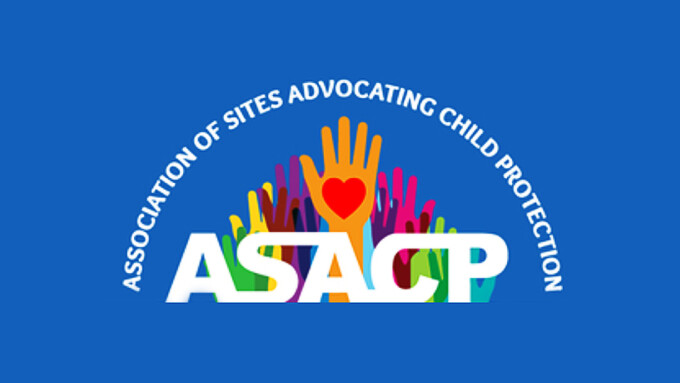LOS ANGELES — The Association of Sites Advocating Child Protection (ASACP) is highlighting the results of a study on the underutilization of parental controls.
Conducted by Family Online Safety Institute (FOSI) and Ipsos, the study surveyed 1,000 children, aged 10 to 17, along with 1,000 parents of children in the same age range. The result, “Connected and Protected: Insights from FOSI’s 2025 Online Safety Survey,” provides insights into the roles of parents and publishers in protecting children online.
“FOSI’s ongoing research reveals what many of us already know — effective online child protection begins at home,” said ASACP Executive Director Tim Henning. “There are no prohibitionist legislative efforts or technical measures that can replace the involvement of caring parents and guardians when it comes to protecting children as they live their digital lives.”
The survey revealed that parental controls are underutilized across all devices, with adoption ranging from 51 percent on tablets to 35 percent across popular video game consoles.
“One top concern for both parents and children is kids’ posting on and scrolling social media, with one bright spot being that 89 percent of minors say they feel comfortable turning to their parents if something they see online makes them feel unsafe,” said a rep. “Other positive notes include an increasing awareness among parents of their children’s use of AI as it becomes more integrated into online platforms, as well as lower screen times for children whose parents have installed parental controls.”
The study examined seven types of parental controls, including web filters, app restrictions, privacy settings, time limits, activity monitors, communication limits, and spending limits, to encompass a range of tools that are available to proactive parents. Available filters include ASACP’s Restricted To Adults (RTA) label, which blocks specific websites, words, or imagery from being accessed. Additionally, app restrictions prevent children from accessing adult content on the web and downloading specific apps without parental permission.
“ASACP developed the RTA label in response to U.S. Congressional demands that ‘something be done’ about kids’ easy access to adult content on the internet,” Henning said. “This valuable tool is easy for parents to use and free for app and site publishers to implement. RTA serves as the cornerstone of technical measures for online child protection, as it prioritizes both child safety and privacy protection.
“By improving communication between parents and their children, and effectively using available parental controls, families can create a safer and more informed digital environment,” Henning added. “By providing education and fostering empowerment, ASACP, FOSI, Thorn, and other groups are creating a safer online environment for children and their families, and building a better tomorrow that we all can be proud of.”







